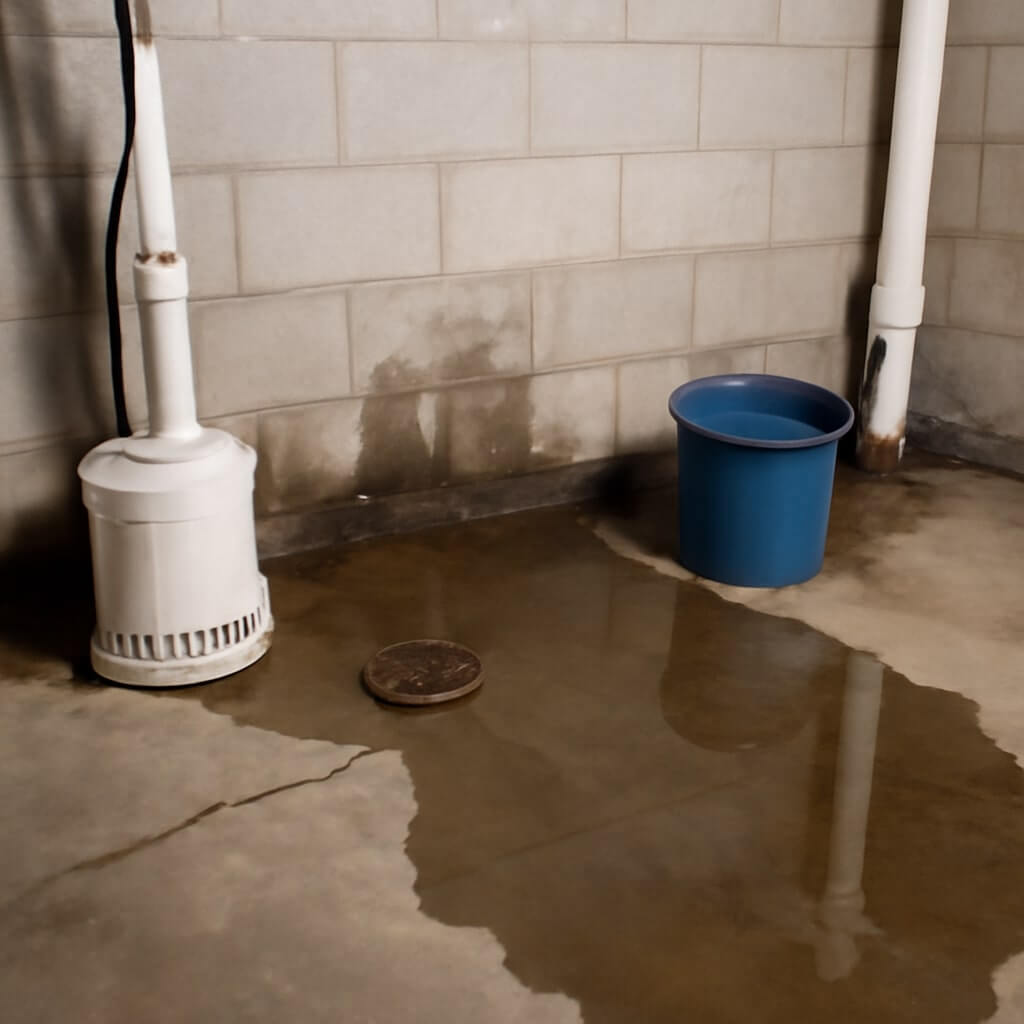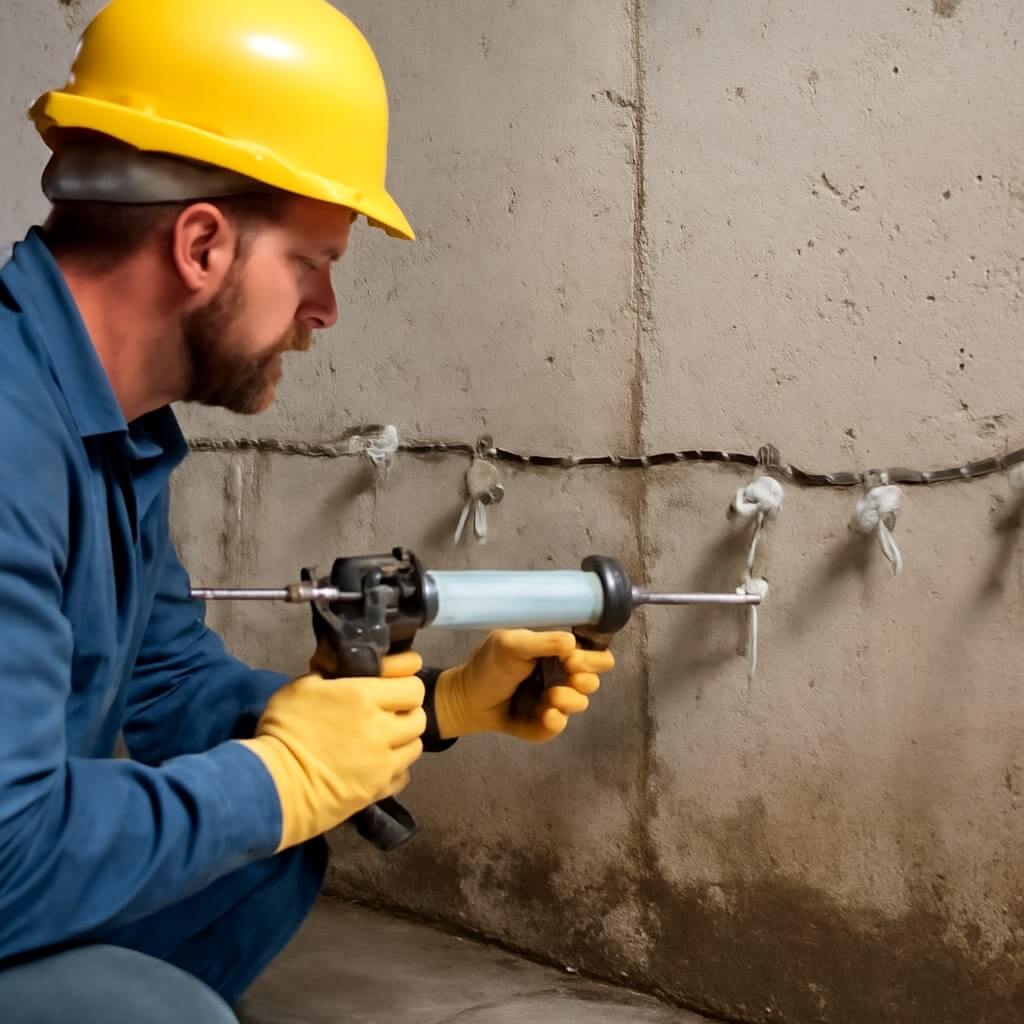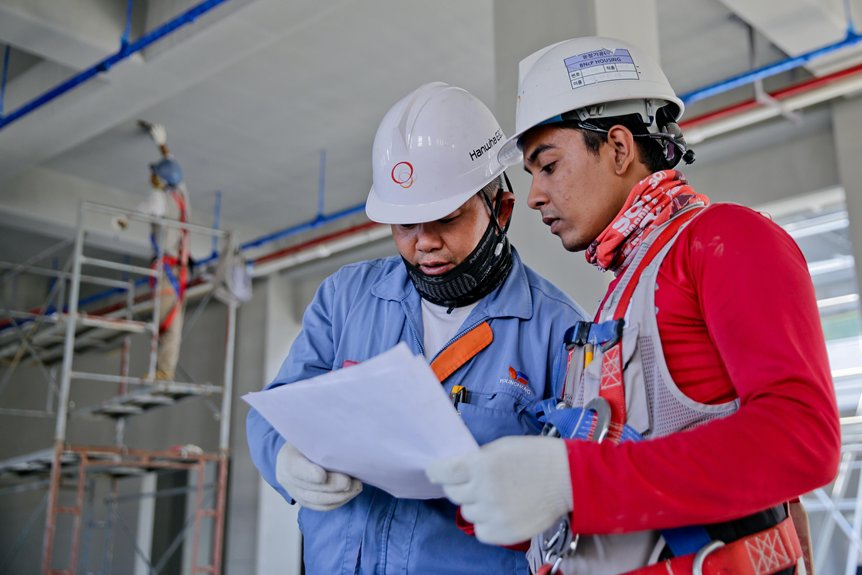When you get your free basement waterproofing estimate, it’s essential to ask the right questions. You’ll want to understand the waterproofing methods the contractor recommends, as well as the materials they’ll use. Knowing the project timeline and the overall cost breakdown can help you plan effectively. Additionally, inquire about warranties to protect your investment. These details can greatly influence your decision, but there’s more to evaluate before making your final choice.
Key Takeaways
- Inquire about the specific waterproofing methods being recommended, such as interior drainage systems or exterior sealing techniques.
- Ask for details on the materials used, including the types of membranes and sealants for durability.
- Request a clear breakdown of the cost estimate, covering materials, labor, and any potential additional fees.
- Confirm the project timeline, including the duration for each stage from assessment to final inspection.
- Discuss warranty options, including duration and coverage for materials, workmanship, and structural issues.
What Waterproofing Methods Do You Recommend?

When it comes to waterproofing your basement, what methods should you consider?
Two effective strategies are interior drainage and exterior sealing.
Interior drainage involves installing a drainage system, like a sump pump or perforated drains, to manage water that seeps in. This method effectively redirects water away, preventing accumulation.
Interior drainage systems, such as sump pumps and perforated drains, efficiently manage and redirect seepage to prevent water accumulation.
On the other hand, exterior sealing focuses on applying waterproof coatings to the foundation walls, blocking moisture from entering your basement.
Both methods complement each other; while interior drainage addresses water inside, exterior sealing prevents it from getting in.
Assess your basement’s needs to determine the best approach for your situation.
What Materials Will Be Used in the Process?
To guarantee an effective waterproofing solution, it’s essential to understand the materials that will be used in the process.
Ask about the types of waterproofing membranes, sealants, and drainage systems that’ll be employed. Confirm the materials have high material durability to withstand moisture over time.
Inquire about the installation techniques, as proper application is just as important as the materials themselves. Understanding these aspects will help you assess the long-term effectiveness of the solution.
How Long Will the Project Take to Complete?
Understanding the materials used in your basement waterproofing is just the beginning; knowing how long the project will take is equally important for planning and expectations. A clear project timeline helps you prepare for any potential disruptions. Ask the contractor about their work schedule and how many days they anticipate the project will take. Here’s a simple breakdown:
| Task | Estimated Time |
|---|---|
| Initial Assessment | 1-2 Days |
| Preparation and Setup | 1 Day |
| Waterproofing Installation | 2-5 Days |
| Cleanup | 1 Day |
| Final Inspection | 1 Day |
This clarity guarantees you’re well-informed.
What Is the Estimated Cost and What Does It Include?

How much should you expect to pay for basement waterproofing, and what’s included in that cost?
Typically, you’ll find a cost breakdown that includes materials, labor, and any necessary equipment. Standard prices can range widely based on your specific needs.
Be sure to ask about additional fees, such as for permits or unexpected repairs, which can greatly impact your final bill. Understanding these details up front guarantees you can budget effectively and avoid surprises later.
Inquire about extra charges for permits or repairs to avoid unexpected costs later.
Always request a detailed estimate, so you know exactly what you’re paying for and what services are included in the total cost.
What Kind of Warranty or Guarantee Do You Offer?

When evaluating your basement waterproofing options, it’s important to inquire about the warranty or guarantee offered by the contractor. A solid warranty can provide peace of mind and protection for your investment. Ask about the warranty duration and what specific service coverage is included.
| Warranty Type | Duration | Service Coverage |
|---|---|---|
| Structural Warranty | 25 years | Covers major structural issues |
| Material Warranty | 10 years | Protects against material defects |
| Workmanship Guarantee | 5 years | Guarantees quality of installation |
| Transferable Warranty | Yes | Can be transferred to new owners |
Understanding these details helps you make an informed decision.
Conclusion
By asking the right questions during your free basement waterproofing estimate, you empower yourself to make an informed decision. Understanding the recommended methods, materials, project duration, cost breakdown, and warranty options guarantees you choose a contractor who meets your needs. Don’t overlook these details; they’re essential for protecting your home from moisture issues. Take the time to gather this information, and you’ll be well-equipped to move forward confidently with your basement waterproofing project.




